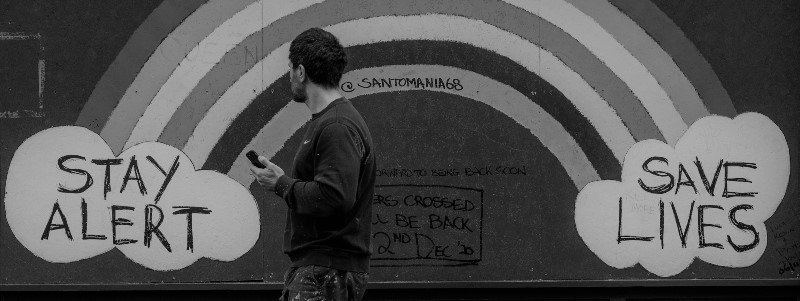Our capacity for intimacy as adults is widely understood to be shaped by our early relational experiences. Theorists from diverse orientations emphasise the link between early attachment patterns and subsequent adult love relationships. When our formative experience is one of loving reciprocity with our caregivers, our abilities to give and receive love freely and fully later in life are enhanced. Children who experience themselves as loved and valued in the context of a harmonious parent/child dyad are more likely to develop a secure sense of self and will have a more robust relationship to (their own and others) autonomy and dependence.
We all struggle to find a balance between a need to be a part of something greater than ourselves and a need to be apart from – to be separate. Some of us will navigate the continuum between proximity and distance with fluidity and ease. Others will experience greater comfort at one end of the continuum or another. For all of us our capacity to experience intimacy will reflect in some measure our abilities to risk closeness and separateness.
Separateness
The growing infant internalises their primary care giver(s) through the process of separation-individuation. A parent’s recognition and validation of the baby’s unique self will initially be expressed in the child’s specific preferences for being held, soothed and fed. The feedback loop between child and caregiver as the child seeks to explore the world beyond (m)other is critical. When attuned, the child will learn that separation is both pleasurable and manageable and that it will not entail the loss of the love object. The process of separation-individuation is repeated throughout the life cycle, in adolescence, in marriage and in parenthood. At each stage there is an opportunity to rework or repeat old patterns and to adopt either old or new solutions.
Mutuality
To give, to receive and to share in the spirit of joint reciprocal endeavour is the cornerstone of mutuality, another pillar of successful intimacy. Once again it is understood that the capacity for mutuality is rooted in our early experiences with a “good enough” caregiver. The infant develops trust and confidence through interactive engagement with an attentive other. Through this exchange expectations of safety, effectiveness and pleasure are cultivated or impaired.
Successful intimacy requires the capacity to regress and be dependent, and in an adult partnership, for each individual to be able to tolerate these states in both themselves and the other. This requires a secure sense of individuation on both sides so that closeness is not experienced as an engulfing fusion and a threat to a cohesive sense of self, and separation is not experienced as a catastrophic rejection or abandonment.
Empathy
Feeling what another person feels whilst maintaining psychological separateness is the essence of empathy. It involves the capacity to immerse oneself in the emotional life of another, temporarily leaving one’s own world without experiencing a loss of self. As such it is fraught with difficulty and risk for the individual who is not securely individuated. Empathy is a two way process in which each partner must have an investment in both understanding and being understood. Early developmental deficits or excesses will inevitably interfere with our capacity for empathy and mature intimacy in our adult pairings.
Viable Intimacy
Intimacy can evoke fear ( conscious or unconscious) in any relationship. Fear of loss or merger, fear of shame, fear of attack or of one’s own aggressive impulse, fear of disappointment and fear of needing. The path to intimacy is complicated and fraught with risk, never more so when we bring our unattended psychic wounds to our adult partnerships in hope of healing. For intimacy to be viable it will probably help to have an idea of our appetites for closeness and distance. Armed with this self understanding and willing to understand the appetites of our partners we will be better positioned to navigate and negotiate this most foundational relational terrain.
To enquire about psychotherapy sessions with Gerry Gilmartin, please contact her here, or to view our full clinical team, please click here.
Gerry Gilmartin is an accredited, registered and experienced psychotherapeutic counsellor. She currently works with individuals (young people/adults) and couples in private practice. Gerry is available at our Brighton and Hove Practice.
Further reading by Gerry Gilmartin –
Fear and hope in the time of Covid














